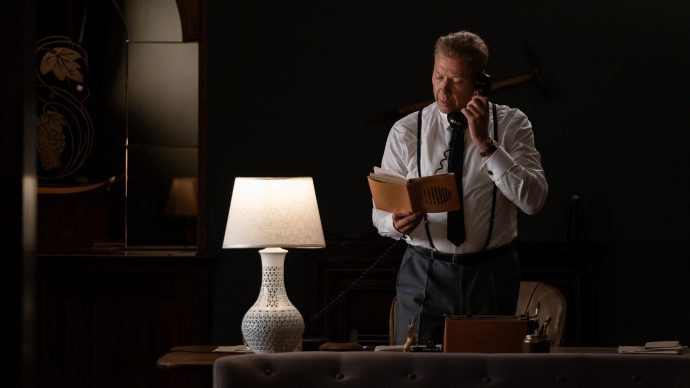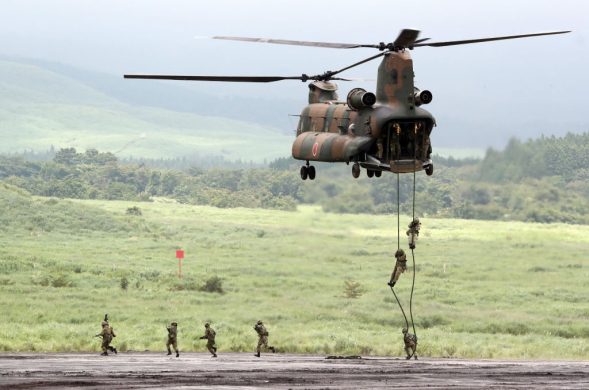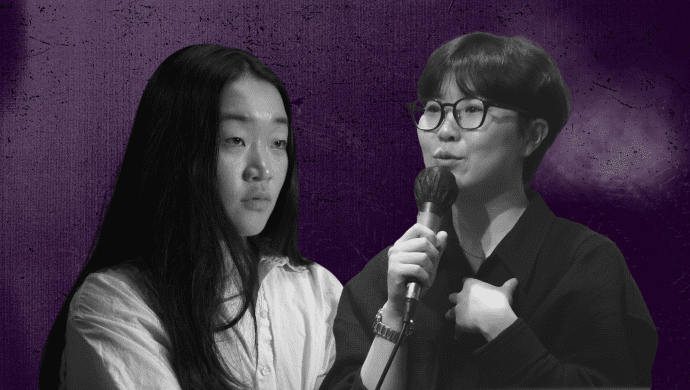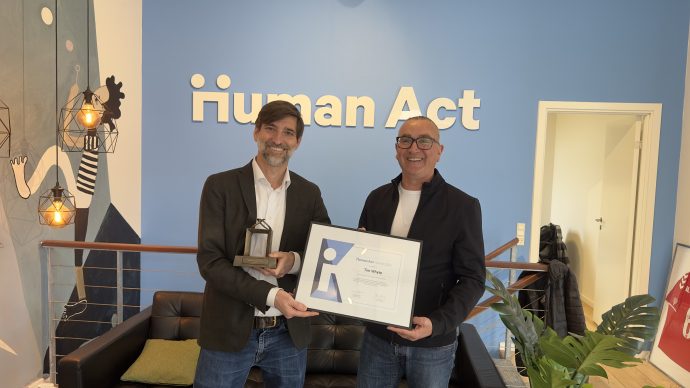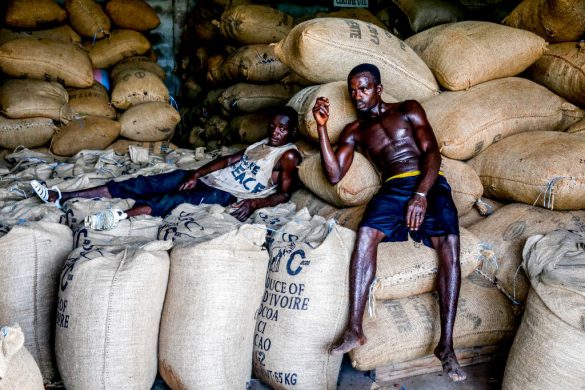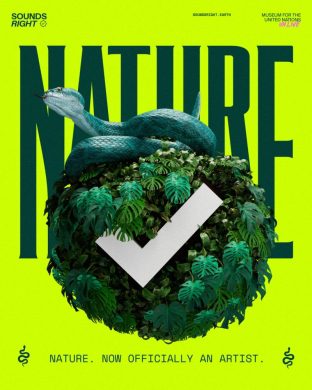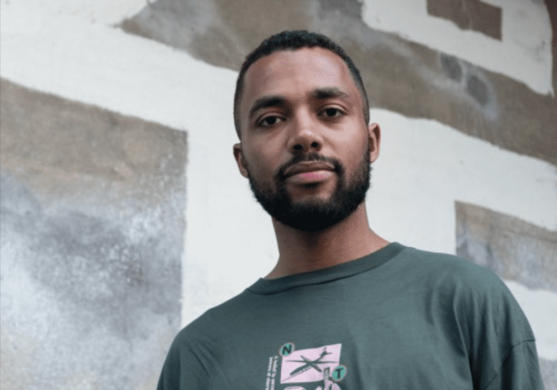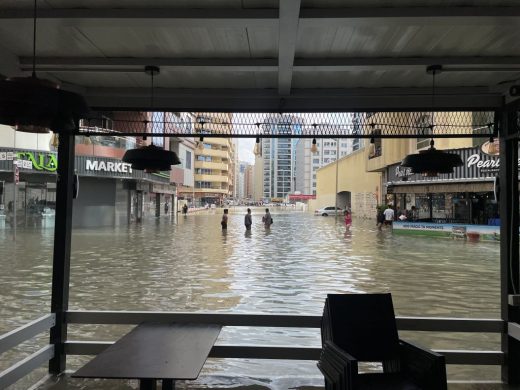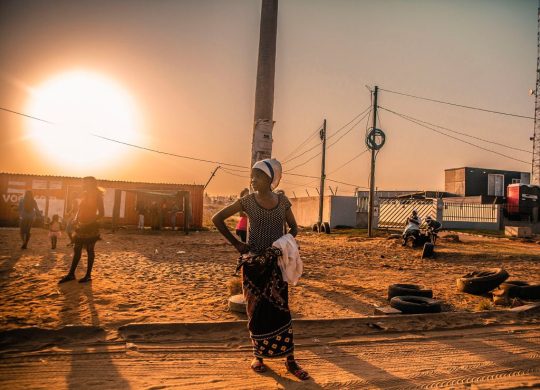Hints of the blacklist came a week earlier, on 6 January, when works by some pop artists from Hong Kong and Taiwan disappeared from Chinese major streaming services, reported Global Times on 7 January 2017.
One artist on the list, Hong Kong singer Denise Ho, started seeing her music disappear from Chinese streaming services in September 2016. Trouble began for the singer in 2014 when she joined the pro-democracy Occupy Central campaign in Hong Kong (also known as the Umbrella Movement) and became the first celebrity to be arrested for her activism in the movement.
Taiwanese punk band Fire EX also made it on the list. The band had created songs for Taiwan’s 2014 Sunflower Student Movement that protested a trade agreement with mainland China that protestors claimed would leave Taiwan economically vulnerable to Chinese pressure.
En international liste
The blacklist mostly bans bands and singers, but also bans film directors and actors. While 28 of those on the list are from Taiwan, and another 11 are from Hong Kong, the list also bans eight Japanese artists, three US artists, one Australian band, one band from the Czech Republic, one Korean band, one Romanian band, and one Chinese band in exile.
US punk band Strike Anywhere and Japanese punk rock band Softball were both part of an annual concert in Taiwan that is known for its anti-China stance.
Kinas kulturelle intimidering
These artists are just some of many who have recently been affected by China’s growing economic and social reach on those who wish to use their art to voice opinions the country considers undesirable.
In late 2015, Chinese authorities banned 120 songs, mostly hip-hop, often deemed to be offensive and vulgar, causing some artists on the lists to struggle finding venues to play.
More recently, in August 2016, officials from China’s State Administration of Press, Publication, Radio, Film and Television allegedly passed down “verbal orders” to TV stations that approvals for South Korean programmes, or those featuring South Korean stars, would not be granted for the time being. Sources suspected the reason was political, rather than based on content, and was linked to South Korea agreeing to work with the US to deploy the THAAD missile shield system.
Further, China continues to ban artists, foreign and domestic, for their stances on Hong Kong, Taiwan and Tibet, and influences artistic venues in other countries and the art they display, such as in Bangladesh in February 2016 when a Chinese ambassador took offense to an art exhibit in Dhaka featuring works on Tibet that were quickly pulled down.


